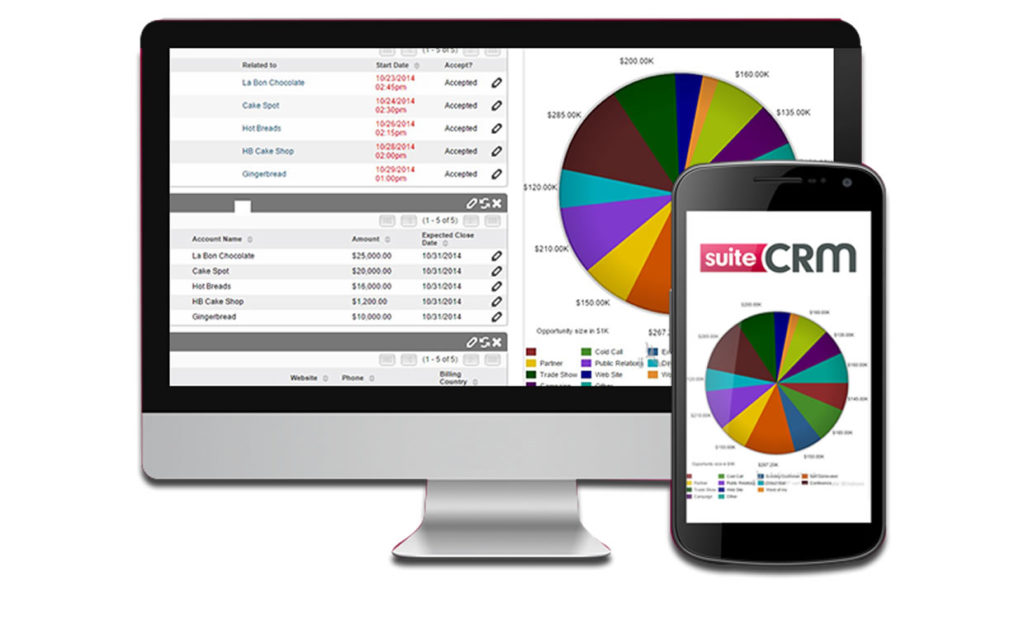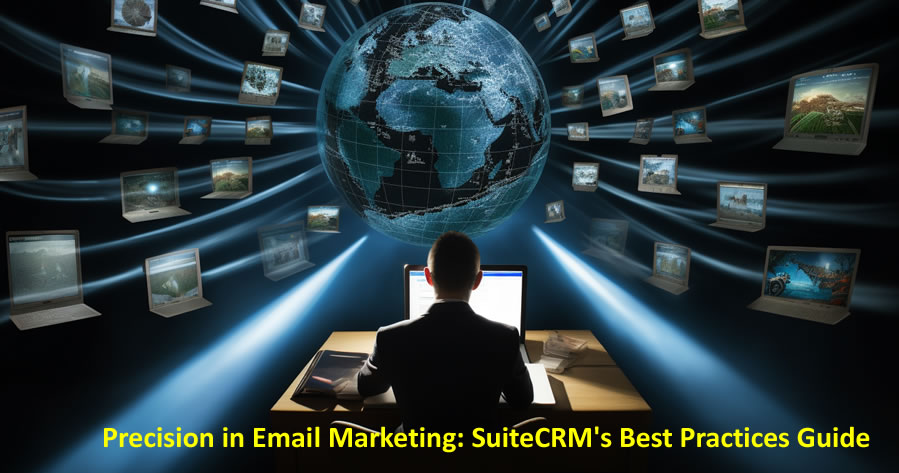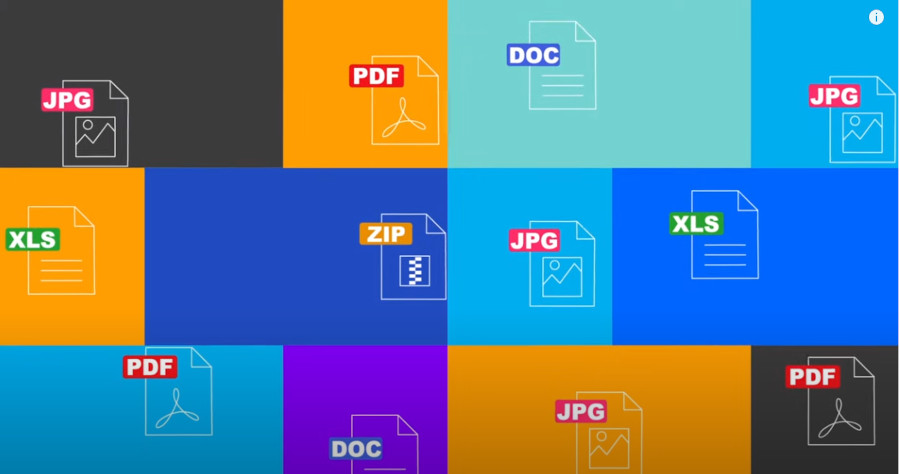In an era where the digital landscape is perpetually evolving, the art of marketing has undergone a revolutionary shift. Conventional marketing techniques have given way to an array of digital strategies that can seamlessly connect businesses with a global audience at the click of a button. The advent of the internet and the rise of social media have ushered in an era of opportunity, demanding the creation and execution of astute real-world marketing strategies.

Navigating the Transformative Journey: Traditional to Digital
Before the era of digitalization, marketing predominantly relied on traditional channels like television, radio, print media, and direct mail. However, the advent of the internet has upended this paradigm. Today, businesses have at their disposal an arsenal of digital marketing channels, each offering distinct avenues for engaging their target demographic.
A Symphony of Digital Marketing Channels:
- Search Engine Optimization (SEO): At the core of digital visibility lies SEO, a strategic approach to enhancing website ranking in search engine results. A robust SEO strategy propels organic and targeted traffic.
- Paid and Organic Social Media: Social media platforms have metamorphosed into potent marketing tools, allowing businesses to engage with their audience directly. Organic content nurtures brand loyalty, while paid social media advertising hones in on specific demographics with surgical precision.
- Marketing Analytics: The bedrock of digital marketing lies in data-driven decisions. Analytics tools illuminate user behavior, providing invaluable insights to refine strategies and yield superior outcomes.
- Audience Cultivation: Nurturing a dedicated online following is indispensable. Businesses can cultivate this audience with insightful content, fostering loyalty and recurring business.
- Display and Pay-Per-Click Advertising: Display ads and PPC campaigns deliver targeted ads to potential customers, maximizing ROI by reaching individuals actively interested in specific products or services.
Sculpting a Successful Digital Strategy:
Harnessing the Power of Comprehensive CRM (SuiteCRM):
Central to effective digital marketing is a comprehensive Customer Relationship Management (CRM) system. A platform like SuiteCRM seamlessly integrates customer data, streamlining communications and interactions. From personalized email campaigns to lead tracking and engagement analysis, SuiteCRM empowers businesses to forge deeper connections with their audience, fostering lasting loyalty.
Crafting a Captivating Content Strategy:
Content reigns supreme in the digital realm. Crafting engaging and valuable content positions your brand as an industry authority and maintains audience engagement. An all-encompassing content strategy encompasses blog posts, videos, infographics, podcasts, and more, catering to diverse consumer preferences.
Orchestrating Organic Social Media Triumphs:
The bedrock of digital trust lies in forging genuine connections via organic social media content. Engaging with comments, sharing user-generated content, and infusing humanity into your brand narrative can establish credibility and inspire enduring trust.
Personalized Digital Marketing for Varied Business Models:
Distinct business models necessitate customized digital strategies:
- E-commerce: E-commerce enterprises thrive with robust SEO, user-centric WordPress websites, and precise PPC campaigns.
- B2B: B2B companies flourish with informative content that guides potential clients through complex decision-making processes.
- Local Businesses: Local establishments can capitalize on geolocation targeting on search engines and social media, enticing nearby consumers.
The WordPress Advantage in Crafting a Stellar Digital Presence:
A pivotal player in the digital marketing orchestra is WordPress, an ideal Content Management System (CMS) and website platform. Seamlessly integrating with SuiteCRM, WordPress offers an array of benefits:
- Responsive Design: WordPress websites are inherently adaptable, ensuring optimal viewing experiences across devices.
- Swift Loading Times: WordPress optimization enhances loading speed, reducing bounce rates and keeping visitors engaged.
- Intuitive User Experience: User-centric interface design and seamless navigation encourage prolonged visits.
- SEO Synchronization: WordPress supports effortless integration of SEO elements, propelling your site’s visibility on search engines.
Metamorphosis of Marketing: The Digital Dawn
The advent of the internet and the dynamic realm of social media have redefined the marketing landscape. Strategic digital marketing has fundamentally transformed customer interactions and global market competition. The ability to pinpoint specific demographics, real-time campaign evaluation, and agile strategy refinement offer unparalleled advantages.
Crafting successful real-world marketing strategies in today’s digital milieu requires a holistic approach. Embrace SEO, social media, data-driven insights, and compelling content to captivate your audience. Tailor strategies to your business model and continually optimize your WordPress-powered website to bolster campaigns and customer connections. The journey from traditional marketing to strategic digital marketing may appear daunting, but armed with SuiteCRM and WordPress, businesses can flourish in this new era of limitless marketing potential.






